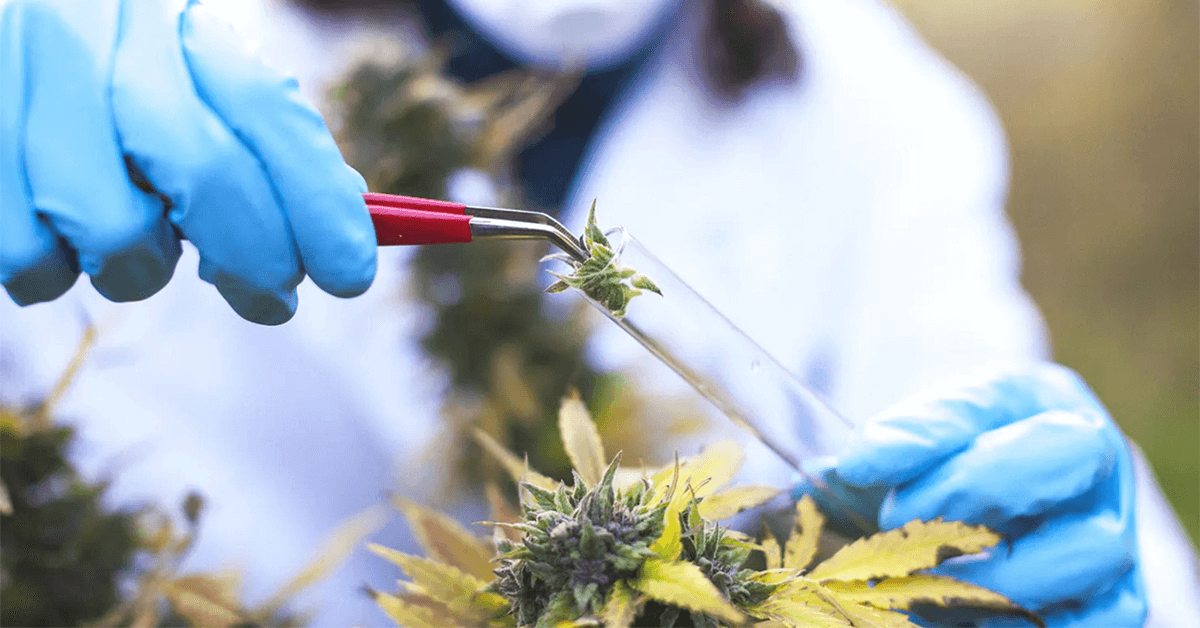Investigating Cannabis as a Treatment for HIV and Cardiac Conditions at MSU

Researchers at Michigan State University are actively exploring the health benefits of cannabis in treating a range of diseases, highlighting its potential anti-inflammatory properties. This research is particularly focused on diseases like HIV and diabetes, where inflammation plays a significant role in disease progression.
Professor Norbert Kaminski of the Department of Pharmacology and Toxicology is investigating how certain cannabinoids—the chemical compounds found in cannabis—might help delay neurocognitive disorders in HIV patients, conditions that are similar to Alzheimer's disease. His findings suggest that HIV patients who use cannabis exhibit lower levels of monocytes, a type of white blood cell implicated in the neurodegeneration seen in HIV by damaging neurons in the brain. This is in contrast to non-cannabis users with HIV, who show higher levels of these cells. Kaminski's research aims to isolate the beneficial effects of these cannabinoids from their psychoactive effects, potentially leading to the development of non-psychotropic synthetic cannabinoids that retain their anti-inflammatory properties.
In addition to Kaminski's work, Professor Omayma Alshaarawy from the Department of Family Medicine is studying the impact of cannabis on cardiac and metabolic health. Alshaarawy's work is critical in establishing whether the anti-inflammatory effects seen in animal studies hold true in humans. A key part of her research focuses on how cannabis is consumed, noting that most human users smoke the drug—a method that itself can induce inflammation and complicate health issues.
Alshaarawy emphasizes the importance of understanding both the beneficial and harmful effects of cannabis as its use becomes more widespread with legalization across many states. She advocates for a balanced approach, recognizing that while cannabis has potential health benefits, the mode of consumption and associated risks must be carefully managed.
This ongoing research at Michigan State University underscores the complexity of cannabis as both a medical and recreational substance, necessitating a nuanced understanding of its effects to optimize its use in a safe and effective manner.
Share this article:
Spotted a typo, grammatical error, or a factual inaccuracy? Let us know - we're committed to correcting errors swiftly and accurately!








 Helpful Links
Helpful Links